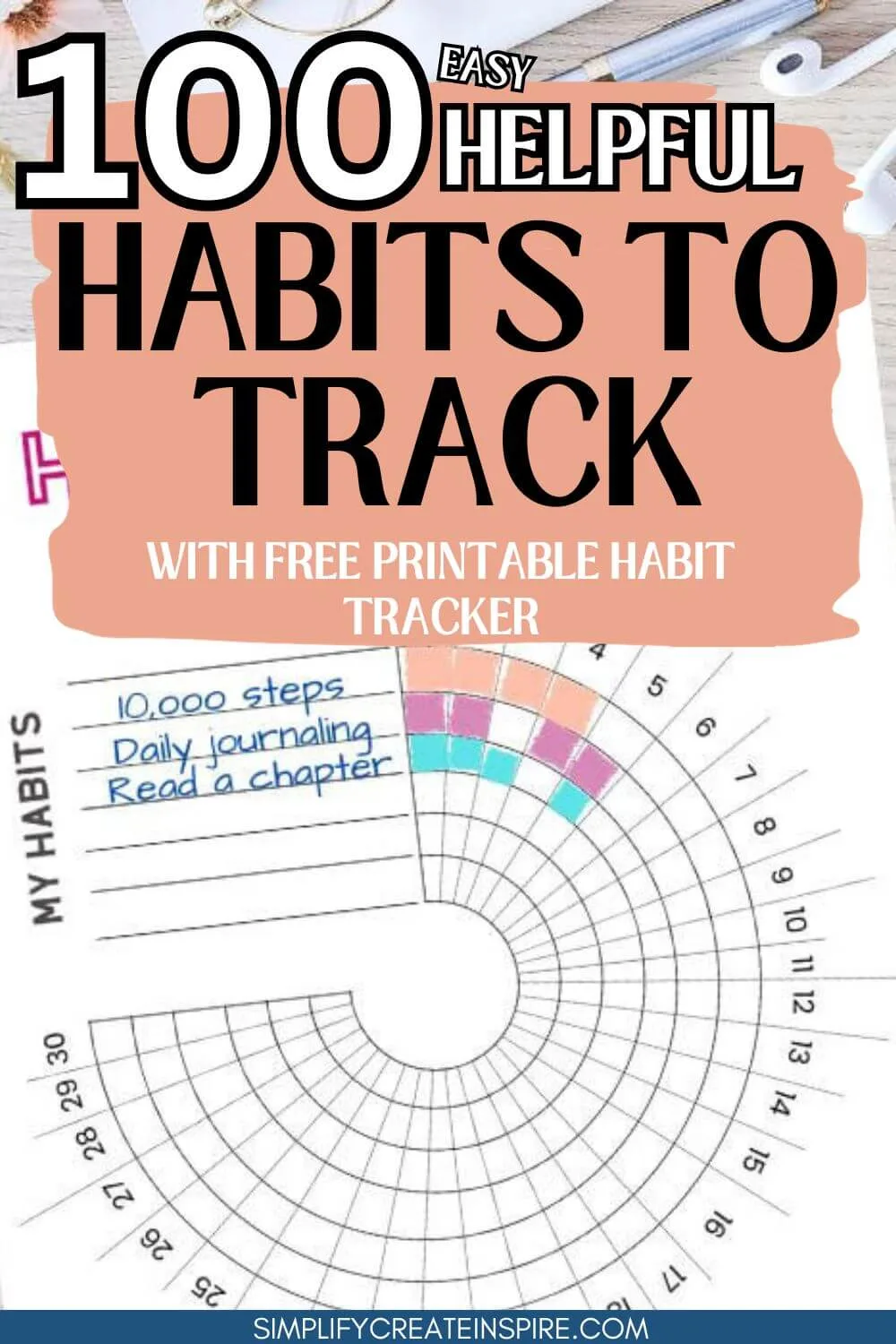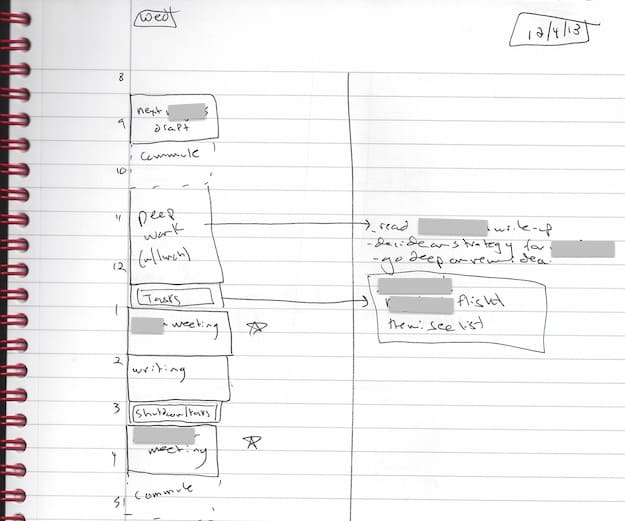Deep Habits Should You Track Hours Or Milestones

Productivity is at a standstill. The debate rages: Are meticulously tracked hours the key to deep work, or should milestones define success?
The clash between time-based and outcome-based performance management systems has reached fever pitch, impacting industries worldwide. This article breaks down the core arguments, the potential pitfalls, and the emerging solutions for a workforce grappling with efficiency and burnout.
The Hour-Tracking Dilemma
Hour tracking, championed for its transparency and accountability, is facing severe criticism. Critics argue it promotes presenteeism, valuing time spent over actual output. "It's about butts in seats, not getting things done," declared productivity consultant, Sarah Chen, in a recent webinar.
Data from a 2023 study by Harvard Business Review showed that employees tracked by the hour reported higher stress levels and lower job satisfaction. The study surveyed over 1,000 employees across various industries. The results indicated a 20% increase in reported anxiety when strictly monitored by hours worked.
Furthermore, tracking hours can be easily gamed. Some employees report padding their hours, leading to inaccurate performance data. This creates a false sense of productivity and masks underlying inefficiencies.
The Allure of Milestones
Milestone-based management, focused on deliverables and project completion, offers an alternative. It empowers employees with autonomy and trusts them to manage their time effectively. This approach prioritizes results, fostering a sense of ownership and accomplishment.
A 2022 report by Deloitte found that companies using milestone-based systems reported a 15% increase in project completion rates. The report analyzed data from over 500 companies implementing various performance management strategies. This indicates a positive correlation between milestone-focused management and project success.
"It's about empowering employees to own their work and deliver tangible results," stated John Davis, CEO of a leading tech company that recently shifted to milestone-based performance. He emphasized the importance of clear expectations and transparent communication.
The Challenges of Milestones
Milestone-based systems are not without their challenges. Defining clear, measurable milestones can be difficult, particularly in creative or research-driven fields. This requires careful planning and effective communication between managers and employees.
The absence of hour tracking can also lead to issues with time management. Some employees might struggle to prioritize tasks or may underestimate the time required to complete certain projects. Clear guidelines and regular check-ins are essential to mitigate this risk.
Furthermore, ensuring fair compensation and workload distribution can be complex. Performance evaluations must accurately reflect the value and complexity of the milestones achieved. Transparent and equitable evaluation processes are crucial for maintaining employee morale.
Finding the Right Balance
The optimal approach likely lies in finding a balance between hour tracking and milestone-based management. This hybrid model combines the transparency and accountability of hour tracking with the autonomy and results-focus of milestone-based systems.
Some companies are experimenting with flexible hour tracking systems. They allow employees to track their time in broad categories, focusing on the type of work performed rather than precise minutes. This provides valuable data without creating undue pressure.
Others are implementing regular project reviews, focusing on progress towards milestones rather than hours worked. This allows managers to identify potential roadblocks and provide support to employees as needed. "It's about creating a culture of collaboration and continuous improvement," added Chen.
Case Study: Acme Corporation
Acme Corporation, a manufacturing company, recently implemented a hybrid system. They track hours for payroll purposes but evaluate performance based on project milestones and key performance indicators (KPIs). This approach has led to a 10% increase in productivity and a significant improvement in employee satisfaction, according to internal company data.
The company also provides training and resources to help employees manage their time effectively. This includes workshops on time management, prioritization, and project planning. This investment in employee development has proven to be crucial for the success of the hybrid system.
"We've found that this approach empowers our employees to take ownership of their work and deliver exceptional results," said the Acme Corporation's HR director, Emily Carter.
Next Steps
Companies grappling with this dilemma should carefully evaluate their specific needs and goals. Implementing a pilot program can help assess the effectiveness of different approaches. Continuous monitoring and feedback are essential for optimizing performance management systems.
The debate between hour tracking and milestone-based management is far from over. As the workforce continues to evolve, companies must adapt their performance management systems to meet the changing needs of their employees. Further research and experimentation are needed to identify the most effective strategies for maximizing productivity and employee well-being.
Stay tuned for upcoming reports and analyses on this ongoing debate. The future of work hinges on finding the right balance between accountability and autonomy.












